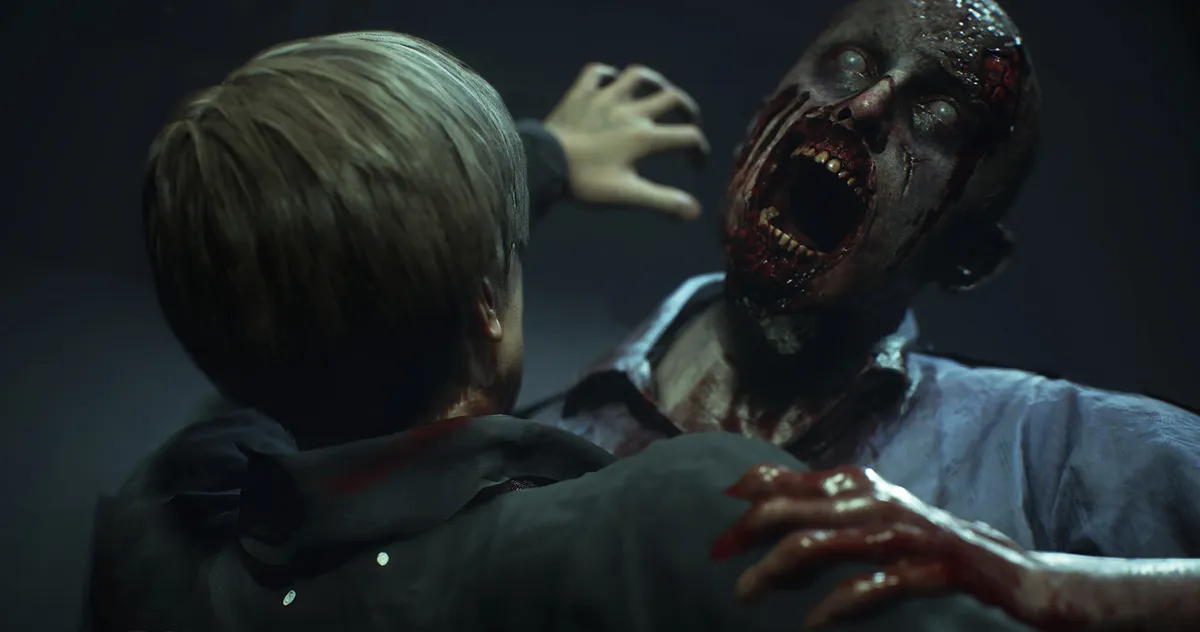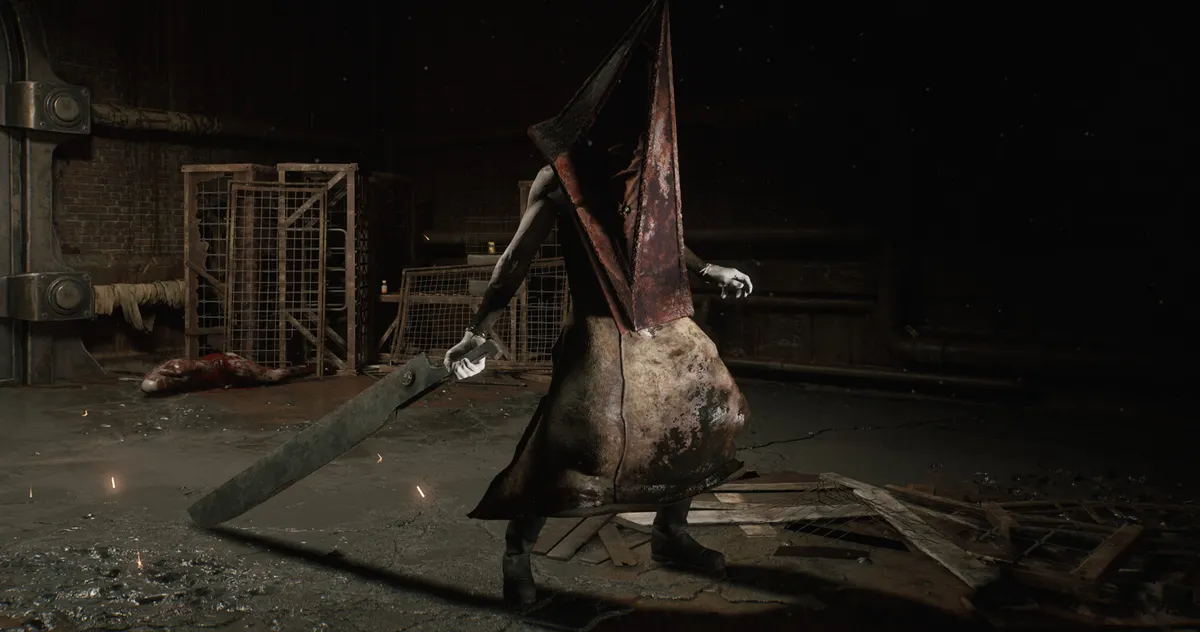Once a dominant force in the gaming landscape, horror games have seen a drastic evolution over the years. Classic titles such as Clock Tower, Fatal Frame, Resident Evil, and Silent Hill laid the foundation for future horror experiences, influencing games like Dead Space among others. However, as the industry shifted towards action-oriented gameplay—sparked by the trend established by Resident Evil 4—the essence of survival horror began to dissipate. This change even impacted Silent Hill, particularly with Silent Hill: Homecoming’s introduction of more fluid, action-centric mechanics. As enthusiasm for horror titles decreased, many franchises faded away; Fatal Frame disappeared, Clock Tower became a memory, and Silent Hill has largely fallen off the radar, leaving Resident Evil as the lone survivor. Yet, the arrival of successful remakes revitalized interest, prompting Konami’s announcement of a reimagined Silent Hill 2, which has quickly gained acclaim, regardless of opinions from dedicated fans.
Although the recently released Silent Hill 2 remake may not currently hold the title of best-selling game in its franchise, it has certainly become the fastest-selling iteration. The original game still reigns supreme with approximately 2 million units sold globally, but early indications suggest that the new version could soon exceed that threshold.
While discussing the financial aspects of game profitability is not my favorite topic, the reality is that it’s a major driving force behind market trends. The successful remake of Resident Evil 2 has largely shaped the current landscape, demonstrating that remakes are not only popular but also commercially viable. It stands as one of Capcom’s highest-grossing titles, alongside the remakes of Resident Evil 3 and Resident Evil 4. This has led other developers and publishers to chase this trend, which seems to ensure solid sales by appealing to nostalgic feelings while simultaneously attracting newer players who may lack access to the original versions. Capcom, in fact, has catered to both old and new audiences by making the original titles of the first three Resident Evil games available on GOG. In summary, Capcom’s strategy has set a precedent that many other companies are now eager to follow.

Given the impressive sales figures for the Silent Hill 2 remake, it wouldn’t be surprising to see additional remakes of other Silent Hill titles in the future. Personally, I would welcome remakes of earlier entries, particularly Silent Hill 4: The Room, which is my all-time favorite despite its imperfections and occasional game-length issues due to backtracking. (I have no qualms with that mechanic, by the way.) It’s not unreasonable to hope or inquire about such remakes.
There’s an ongoing discussion within the gaming community regarding the creative integrity of remakes. Some players perceive them as shallow reproductions devoid of the passion that defined the original titles, while others appreciate the opportunity to engage with games they might have missed or can’t access due to hardware limitations. Although emulation exists, it’s not a path accessible to everyone. Others hold a middle ground opinion—acknowledging that remakes may lack the original’s artistic vision, yet still finding joy in experiencing a fresh take on beloved games. Given these differing viewpoints, I don’t foresee remakes disappearing anytime soon.
Ultimately, the success of the Silent Hill 2 remake highlights the potential for profits within horror games, serving as a testament to the viability of remakes as a financial strategy for game developers. These remakes not only ensure returns but may also provide funding for original projects. While not all developers are inclined to invest in new intellectual properties (IPs), pursuing remakes remains a consistent and favorable route for revenue generation—a reality that has long defined this sector.

The core motivation remains profitability, and it’s an observation worth stating. Development costs have spiraled to extraordinary levels, with shareholders and investors playing a significant role in determining what games get produced. This market situation often results in certain genres dominating for extended periods as developers urgently respond to shifting trends. To clarify, I have a background in game development, a brief stint in Public Relations within the AA and AAA sectors, along with experience as a market analyst. This multifaceted experience has reinforced my understanding of market dynamics and profitability.
Will Konami embark on a robust return to game development following the success of the Silent Hill 2 remake? That’s uncertain. Although the company has several Silent Hill projects in the pipeline, such as Silent Hill f and Townsend, their past business decisions make it difficult to predict continued development of the franchise after these titles are released.
However, this resurgence may encourage the growth of survival horror and, by extension, action horror genres—acknowledging that many remakes fall into this category. The combination of remakes and horror makes these classic titles more accessible and appealing, providing an avenue for studios looking to capitalize on established IPs. Personally, I hope that Koei Tecmo will follow this trend by producing a new Fatal Frame game or that Capcom might venture into creating an entirely original horror IP. (These are heartfelt wishes from my side.) Overall, I anticipate this trend to persist, particularly in light of the Silent Hill 2 remake’s favorable reception, even if I worry that it might eventually overstay its welcome.
The Silent Hill 2 remake is available for PC and PlayStation 5.




Leave a Reply